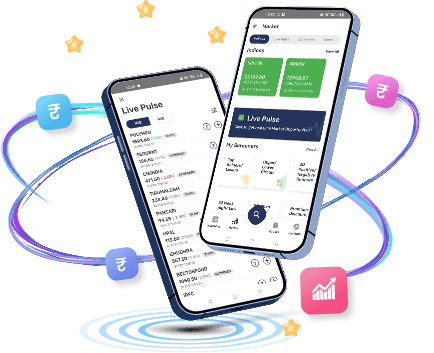Overview
A bought out deal is a way for the private companies to sell their shares to the public. This is done with the help of a sponsor. The sponsor can be either a bank or a financial institution or even an individual. Instead of selling a share directly to the public, the company can sell them to the sponsor first. Later the sponsor can offer these shares to the investors. This is a very helpful method for companies to raise funds quickly and efficiently.
How a Bought Out Deal Works
In a bought out deal, the company and the sponsor both agree on the terms of the sale. The sponsor buys a large number of shares first from the company and then sells them to the local public and this process is divided into three main parts:
- The promoters of the company, who own and operate the company
- The sponsor, who purchases the shares initially
- Co-sponsors, who can assist in selling the shares to the public
- As the company does not have to confront the public directly, this way saves effort and time.
Advantages of a Bought Out Deal
- Quoting Process: The firm does not need to incur the time-consuming process of a public issue.
- Reduced Costs: It minimizes the costs associated with issuing shares to the public.
- Less Risk: As the sponsor purchases the shares initially, the firm is not required to seek investors immediately.
Conclusion
A bought out deal is a quite simple and effective way that private companies can use to raise funds with the help of sponsors. It can help them reduce costs and save a lot of time. This can also make the entire selling process easier. To avoid public issues, this can be a very useful method for companies.

